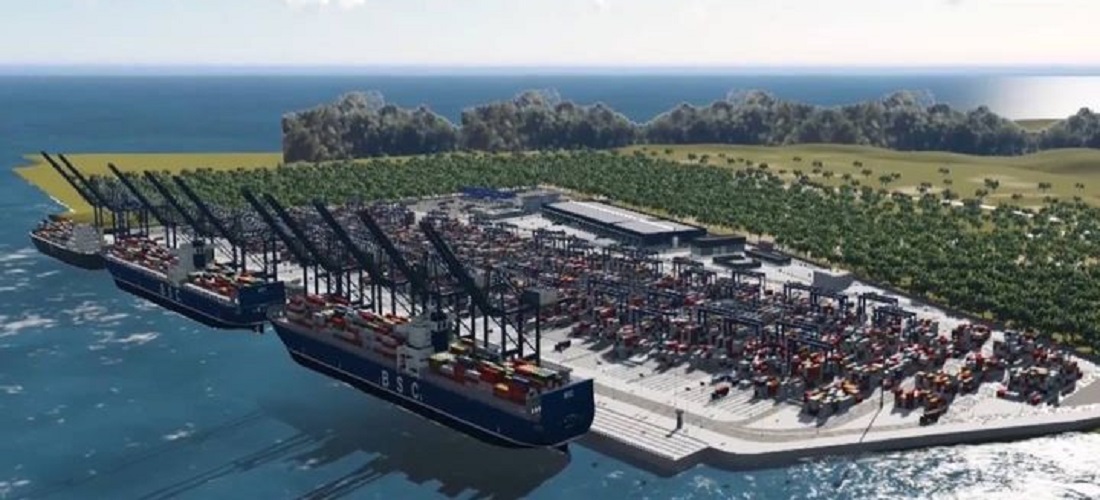
Vinci buys JCR port terminal in Paraná
Jan, 06, 2022 Posted by Gabriel MalheirosWeek 202201
Vinci Partners has just closed the deal to purchase the Porto Pontal terminal, in the state of Paraná, which previously belonged to the JCR group, owned by businessman João Carlos Ribeiro from Curitiba. The fund will invest R$ 3 billion on a staggered basis to implement the project, designed to be one of the most modern container terminals in South America. The transaction amount was not revealed.
The purchase represents Vinci’s first investment in its infrastructure area’s transportation and logistics strategy. “We’ve been looking for assets in this segment for a while, we’ve disputed airports, evaluated highway and port assets, and now we’ve settled on Porto Pontal, a project we’ve been considering for a long time,” said José Guilherme Souza, partner at Vinci and head of infrastructure. “The project benefits from its strategic location and appropriate draft, without the usual constraints of a public port terminal.”
The capacity of Porto Pontal in its first phase, which should be completed in about four years, will be 1.5 million TEUs. In the final phase, the volume will have a twofold increase to 3 million TEUs. Porto Pontal is a project that JCR has been trying to develop for nearly a decade, amid clashes with license-issuers as well as regulation and financing problems. Vinci made the purchase at a time when the project was given the go-ahead to move forward with its construction phase.
“Our next acquisition will most likely be connected with the privatization of dock companies,” says the executive. Vinci is considering participating in the Codesa auction in Espirito Santo, which is expected to be one of the first on the public calendar.
The fund has already had a team looking into this possibility for the past four months. The fund is also particularly interested in the privatization of the ports of Santos and São Sebastião.
Vinci traced three routes to advance in infrastructure and has been active in bids for the past two years, maintaining a dedicated presence in each segment. In addition to transportation and logistics, it has also sought out sanitation and electricity assets. “The electricity sector is historically relevant to Vinci, since the first acquisition, in the early 2000s, of Cemar. We are very active in transmission and generation of renewable energy, which gave rise to our infrastructure area”, says Souza.
In sanitation, the company submitted a bid as part of a consortium for the Maceió and Rio concessions, but it was not accepted. The management is already in talks with other players about joining forces in future concessions.
“We’re going to have a relevant presence in this area, it’s just a matter of time. The challenges currently faced such as the need for capital and efficient management are very similar to what we saw in energy, though we still need to further assess the risks and balance the equation”, says the partner, referring to the high premiums in recent auctions.
Source: Pipeline Valor Econômico
To read the original article please visit:
-
Economy
May, 30, 2019
0
Strike suspends grain exports in Argentina
-
Other Cargo
Sep, 06, 2022
0
Cotton: Brazil exports 62.790 thousand t in August
-
Ports and Terminals
Aug, 12, 2022
0
Ship breaks yearly record by disembarking 2012 vehicles at the Port of Vitoria
-
Mar, 08, 2023
0
Minerva’s list of plants authorized to export beef to Mexico grows



